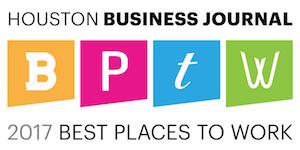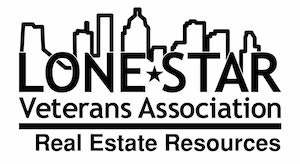This week Chad Helmcamp, a mortgage banker from Envoy Mortgage, came by and presented to our agents about mortgage lending. Over breakfast, he spent some time talking about the biggest changes to the mortgage industry including the recent change to the PMI requirements for FHA loans. He also touched on the intricacies of the various loan programs to include conventional/conforming loans, adjustable rate mortgages (ARMs), FHA loans, and VA loans for those that want to borrow.

Many people don’t know about the different types of loan programs available. Here are some very basic characteristics of the major loan programs:
Conventional Loans
Conventional/ conforming loans have a 10, 15, 20, 25, and 30 year fixed rate terms. The minimum down payment requirement is 5%. Conventional adjustable rate mortgages (ARMs) have 1, 3, 5, 7, and 10 year terms and minimum down payment requirement is 10%. ARMs usually offer lower initial interest rates than fixed rate mortgages where the interest rate of the loan remains the same for the entire term of the loan.
FHA Loans
FHA loans have 15, 20, and 30 year fixed rate terms and a minimum down payment requirement is 3.5%. With FHA loans gifts are acceptable for a down payment and non-occupant co-borrowers acceptable, so if mom and dad are going to help you out, this can be a good option for you.
PAYDAY Loans
A payday loan (also called a payday advance, salary loan, payroll loan, small dollar loan, short term, or cash advance loan) is a small, short-term unsecured loan, “regardless of whether repayment of loans is linked to a borrower’s payday.”[1][2][3] The loans are also sometimes referred to as “cash advances,” though that term can also refer to cash provided against a prearranged line of credit such as a credit card. Payday advance loans rely on the consumer having previous payroll and employment records. Legislation regarding payday loans varies widely between different countries, and in federal systems, between different states or provinces.
VA Loans
VA loan programs have 15, 20, an 30 year fixed rate terms with no down payment required in most cases. The VA loan program does have a funding fee depending on your disability rating. VA mortgages do not require monthly mortgage insurance unlike the FHA loan program. Most military veterans qualify for the VA loan program so if you’ve ever dawned the uniform make sure you ask your loan officer if a VA loan is a good option for you.
Chad also talked a little about the difference between a pre-approval and pre-qualification for a loan. Pre-approval requires more analysis of a home-buyer’s financials and credit standing and is a commitment (with terms) from the lender to make loan to the home-buyer for a specified loan amount. Pre-qualification is given from a lender as an estimate after reviewing a home-buyer’s unverified financials and credit standing. Sellers are much more interested in seeing a pre-approval letter with an offer than just a pre-qualification.



Comments are closed.